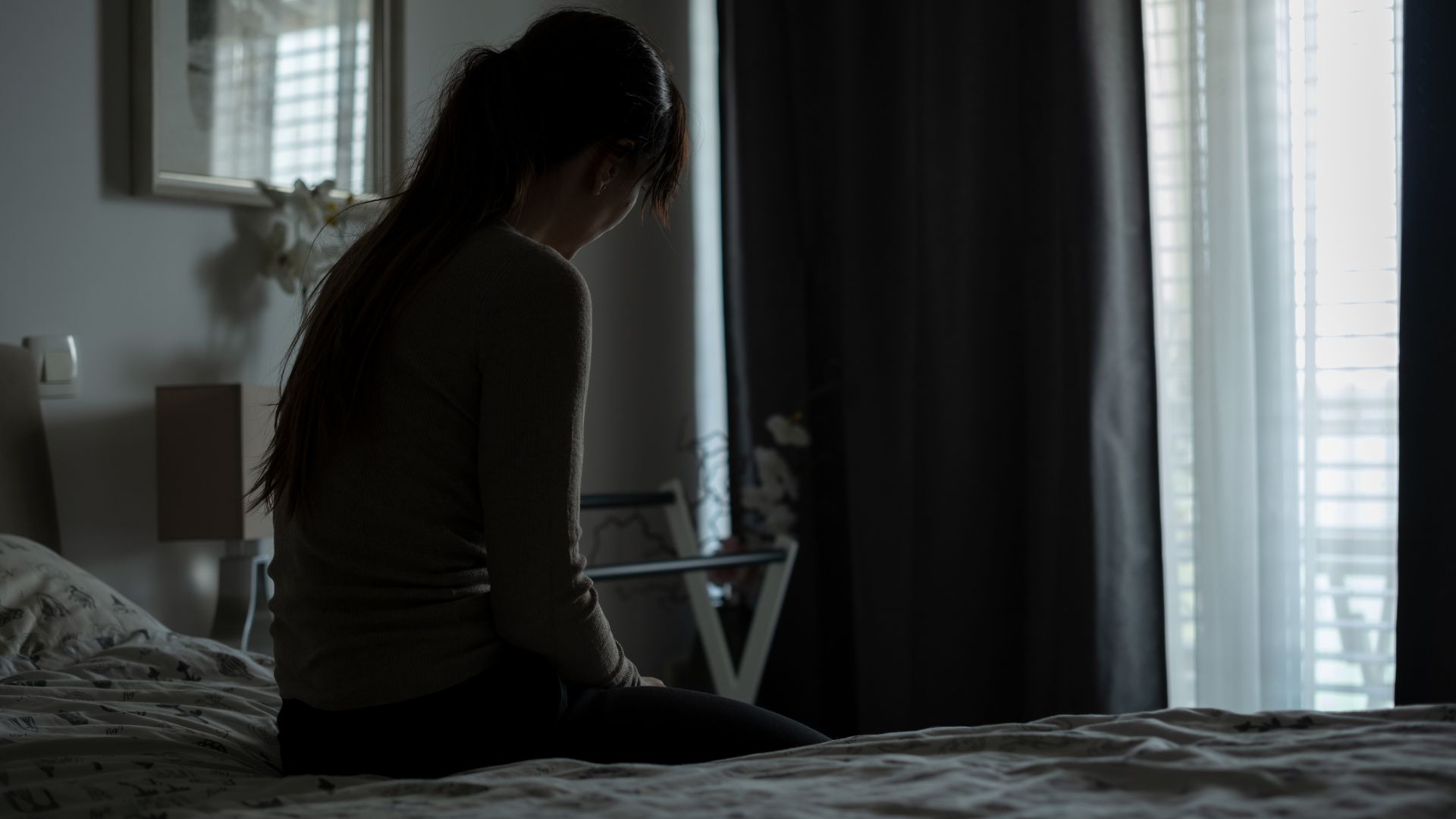Dark Days and Depression

The beginning of the change in season got me thinking about depression. I’ll explain why after first describing a bit more about depression. Depression is one of the most prevalent conditions in today’s society. Globally, the WHO estimates 5% of adults experience depression.
What is Depression?
In everyday language we may use the term ‘depression’ or ‘depro’. But what does it actually mean?
We all have felt sad or perhaps slightly depressed at times. Depression is more than a bad day or grumpy mood. Within psychology, when we refer to depression, we refer to a disorder. Depression or Major Depressive Disorder (MDD) is a disorder characterised by a low or sad mood. Depression can cause symptoms such as:
- Low Mood
- Low Motivation
- Fatigue
- Poor Concentration
- Changes in Sleep
- Changes in Appetite
- Feeling Hopeless or Worthless
So, depression is more than normal sadness or grief. It’s a persistent low mood, constant exhaustion, and deep emotional pain. Its effects one’s feelings, thoughts, and even one’s body/physical experience. Depression can also look different in different people. The prototypical image of an individual suffering from depression may be: someone who hasn’t gotten out of bed for a few days, crying near constantly, only talks about bad /negative things. However, depression can also look like a constantly anger or irritable individual, who doesn’t talk or say much but drinks a lot.
Depression can also cause physical symptoms such as aches and pains, digestive issues, memory issues or difficulty thinking, anxiety and thoughts about suicide.
Who can be Depressed?
From young to old, depression can affect anyone. Depression can also occur without any obvious and identifiable events or triggers. It can happen in happy families. It does not require a trauma nor break up.
Depression and Related Disorders
Seasonal Affective Disorder (SAD) is a depression that follows a seasonal pattern. Usually, this involves a depression starting or worsening during autumn and winter. I am writing this post on a rather cold day in April, after noticing I have to walk my dogs a little earlier as it is starting to get dark earlier. As winter sets in I do usually see a worsening in individuals with depression, however Seasonal Affective Disorder can follow other seasonal patterns. Research suggest being exposed to lower amounts of day light play a role in SAD.
Post-Partum Depression is a depression occurring in new mothers. This sort of depression is more than the so-called baby blues. This disorder is serious and requires treatment. What differentiates Post-Partum Depression from MDD, is the former occurs during a pregnancy or shortly after delivery.
Bipolar is a disorder that involves both periods of depression and periods of mania. Mania involves an abnormally elevated mood; inflated sense of self; increased energy and decrease need for sleep; reckless, impulsive and sometimes dangerous behaviour.
What Causes Depression?
There is no single cause of depression and nor is there a blood test that can confirm depression.
Research has found depression is caused by a combination of the following factors:
- Biologically: a chemical imbalance in the brain can contribute to depression.
- Genetically: Rates of depression are higher in families.
- Psychologically: a history of trauma and periods of high stress can contribute to depression.
- Socially: Poor social support and adverse life events can contribute to depression.
How is Depression Treated and How to Get Help?
Depression can be treated with psychotherapy and/or medication. If you are concerned about depression in yourself or someone you know, please contact a psychologist and/or medical doctor/psychiatrist.
As previously mentioned, thoughts about suicide do occur in depression. Obviously, this can place one at risk. Hence, I say please seek treatment as soon as possible. If you are reading this possibly thinking about suicide, please give SADAG a call on 0800 567 567 (24/7 and toll free), or Lifeline on 0861 322 322, or go to an emergency room.
Depression can make you feel isolated, hopeless and alone. So I really want to emphasise that if you do suspect that you may have depression, REACH OUT! Depression can be treated, things can improve. Make contact with a psychologist or psychiatrist/doctor. I am available at Thrive Psychology.
Steve
This blog post is not medical advice and is not intended to diagnose anyone and rather is a discussion of mental health. Please see a psychologist/psychiatrist for a medical advice and/or a diagnosis.
